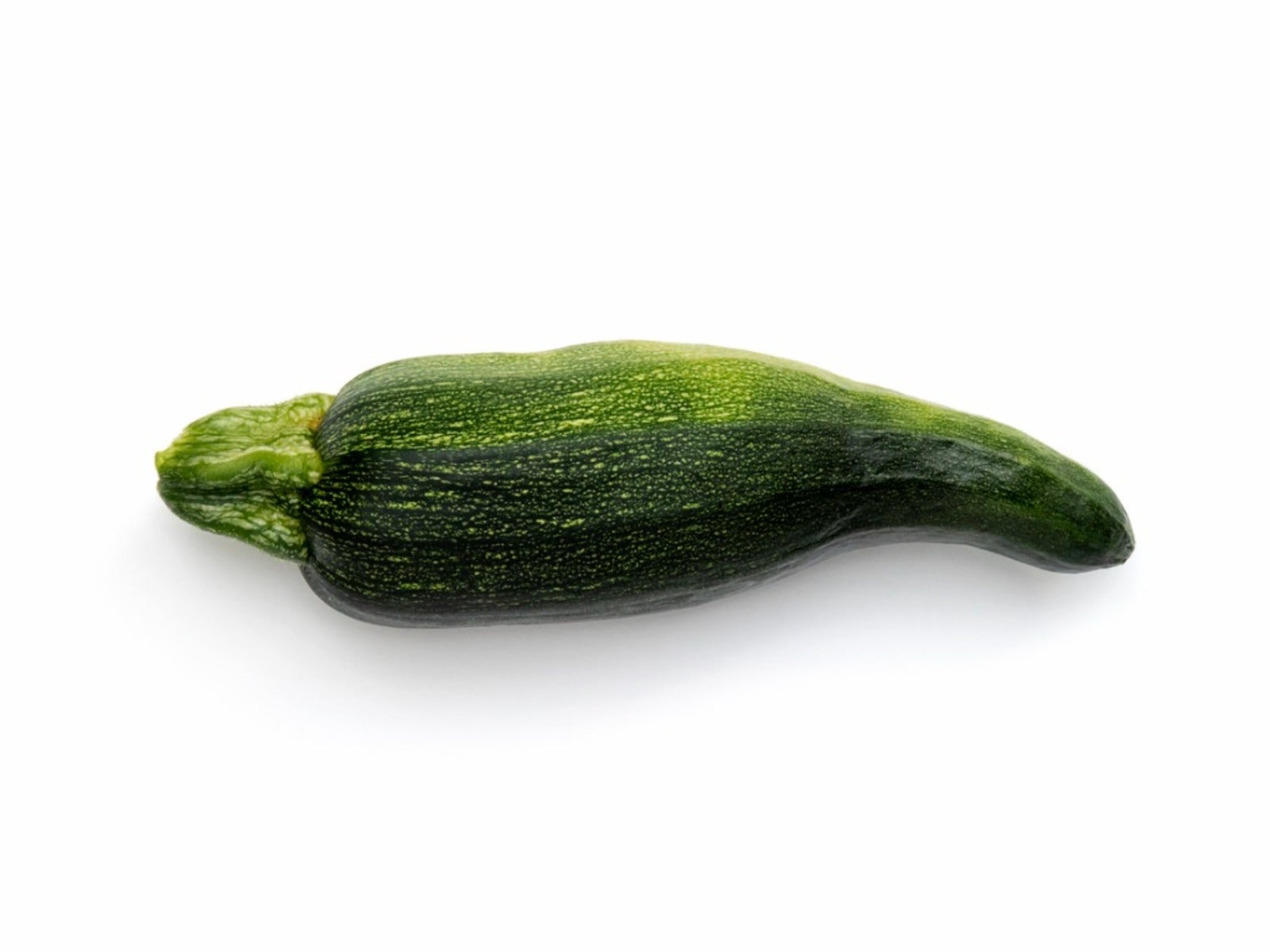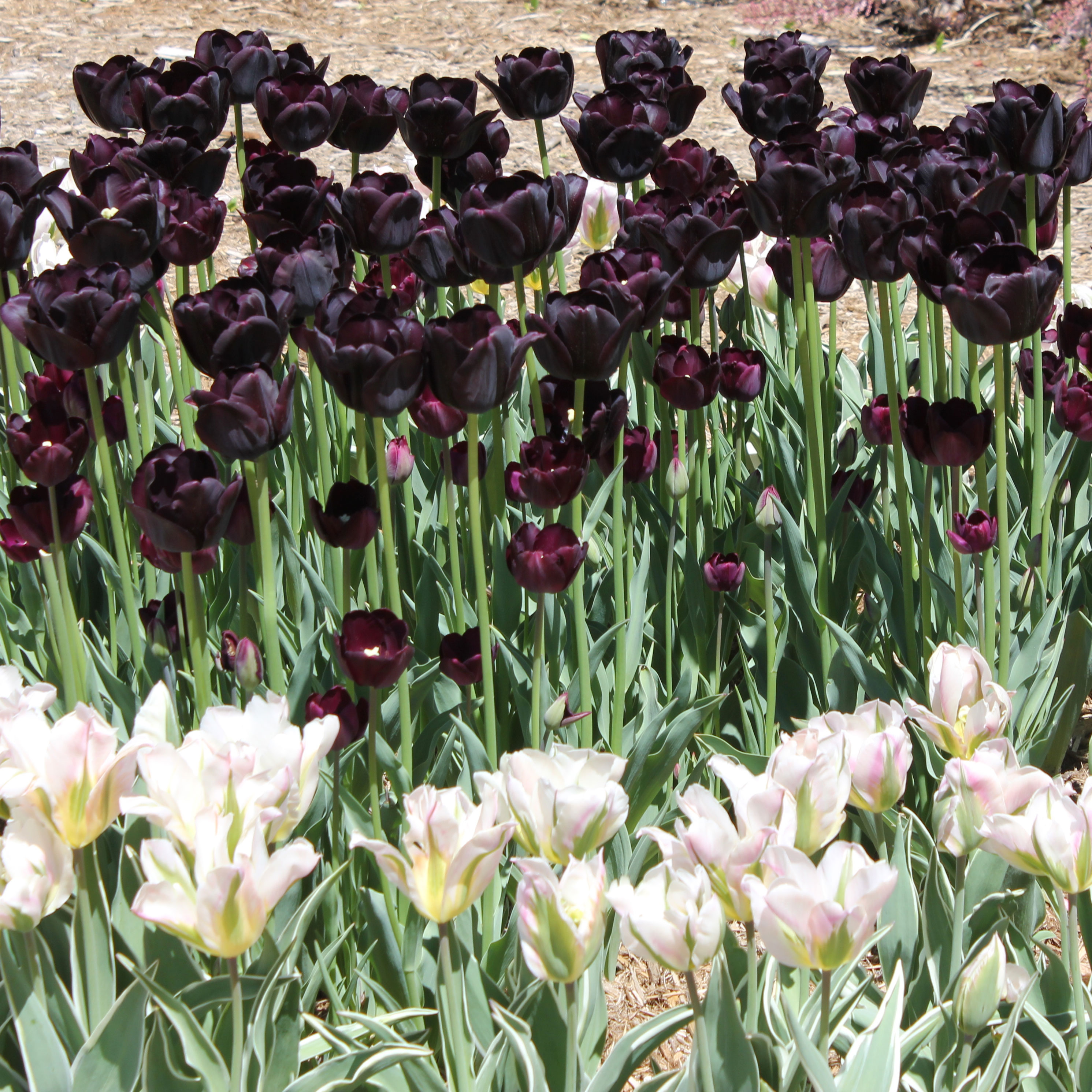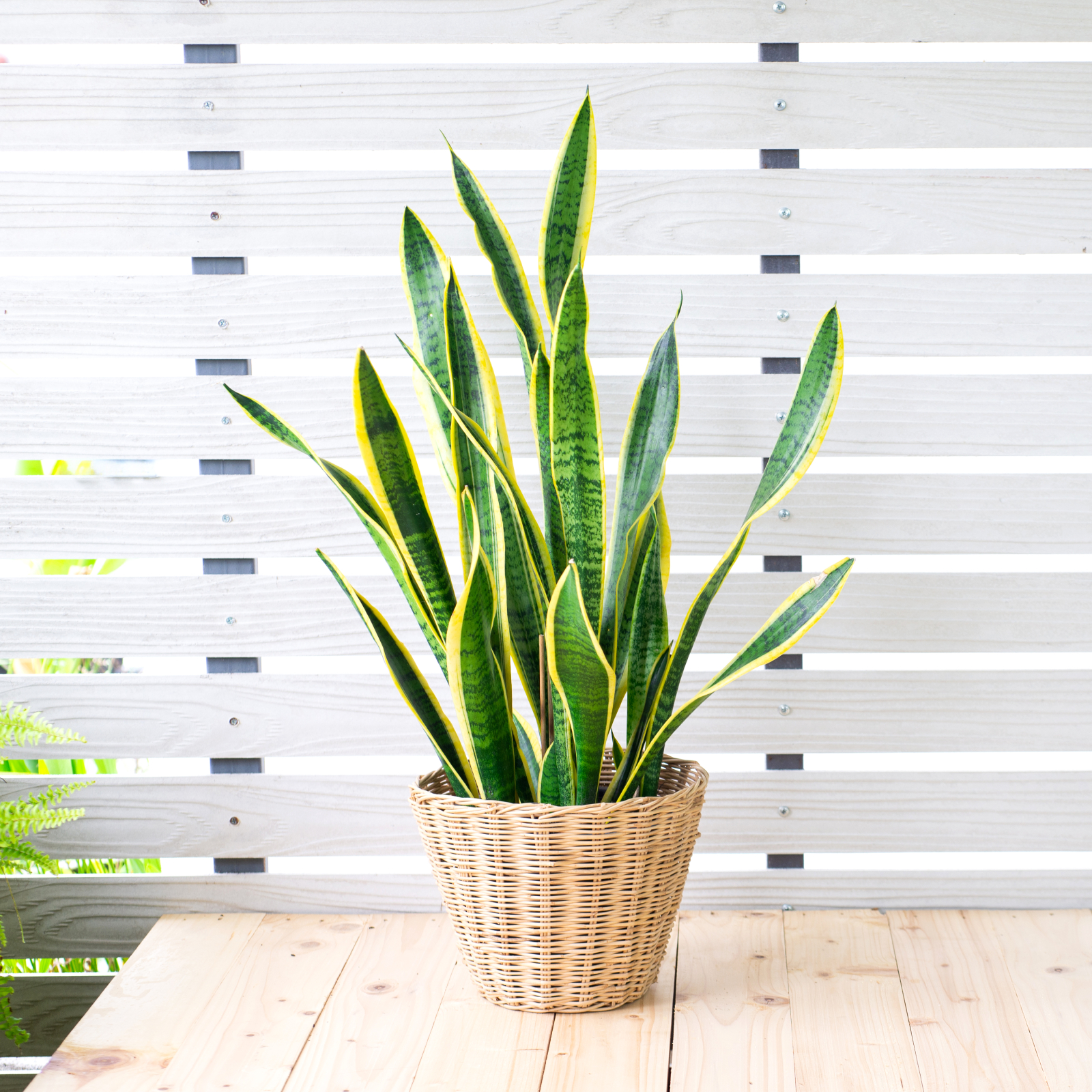What Causes Deformed Zucchini And Squash?

When they are healthy and conditions are optimal, zucchini and other squash can produce heavily. But what happens when you have a zucchini or other squash growing into an odd shape? Pointy squash or other weird shaped zucchini may be the result of a number of issues, but often zucchini pollination problems are the culprit. Keep reading to learn about deformed squash and what you can do to prevent it.
What Causes Squash Deformities?
There are two basic reasons for deformed fruit: viral infection and pollination issues. Plants that are infected by viruses often produce smaller than average, misshapen fruit. Since viral diseases cannot be controlled with pesticides, the only option is to remove and destroy the infected plants to prevent any further spread.
If your squash is fruiting but the resulting fruit is deformed, the root cause often has to do with pollination. High temperatures combined with water stress or low nighttime temperatures typically affect pollination. Fruit may have pinched blossom ends or may be crooked, resulting in bottle necking or in fruit that has been pinched in.
Less commonly other stressors such as wind damage, root pruning during cultivation, or herbicide injury may result in odd looking fruit. Potassium deficiency may also result in a narrowing or pinching at the stem end.
Squash Pollination Problems
When temperatures are hot, squash along with other crops such as cucumbers may drop blossoms or set more male than female blooms, resulting in little to no fruit. If temperatures continue in the extreme and/or other stressors are present, the resulting fruit may be smaller than normal or deformed.
But the real problem is the bees. As temperatures soar, many bees abandon their pollinating duties. The ideal range for pollination for many bee species is between 60-90 F (16-32 C). Once temps exceed 90 F (32 C) the bees cease to or slow their pollinating efforts. This is most especially observed on vining crops like squash. If pollination does occur it may result in deformed fruit.
Zucchini Pollination
When pollination is inadequate, fruit develops unevenly. The walls of the ovary enlarge more next to fertilized seeds, resulting in weird looking zucchini or other squash. This may be due to extreme heat which in turn affects how bees pollinate.
Gardening tips, videos, info and more delivered right to your inbox!
Sign up for the Gardening Know How newsletter today and receive a free copy of our e-book "How to Grow Delicious Tomatoes".
All crops in the Cucurbitaceae family cross pollinate to produce fruit. This means they have separate male and female blooms on the same plant. Pollen is moved from male to female organs via bees and other pollinator insects. The pollen then fertilizes the ovules or seeds inside the ovary.
When pollination is accomplished, fruit results. If pollination is successful, the fruit enlarges and develops normally. When it is insufficient, fruit becomes deformed and twisted.
Besides the fact that successful pollination relies on both male and female flowers along with pollinators, another detriment is that the blooms are only open for a single day. This means the window for pollination is narrow and drought or water stress can severely affect the outcome.
What to do about Misshapen Zucchini
Both extreme heat and cool, wet weather can deter bee pollination. So too can pesticide application. Do not apply pesticides other than horticultural oil or insecticidal soaps during bloom time.
While there is little that can be done regarding the weather, gardeners can shield plants from the heat of the day and make sure to provide consistent irrigation.
Otherwise, while most zucchini require both male and female blossoms for a successful fruit set, parthenocarpic varieties may solve the problem of un-pollinated female blooms. Parthenocarpic species produce female blooms that do not need pollination for fruit sets, effectively eliminating the need for bee pollination and possibly resulting in fruit that is not marred.

Amy Grant has been gardening for 30 years and writing for 15. A professional chef and caterer, Amy's area of expertise is culinary gardening.
-
 Moody Blooms For Spring: 8 Types Of Black Flowers To Add Drama To Spring Displays
Moody Blooms For Spring: 8 Types Of Black Flowers To Add Drama To Spring DisplaysFrom midnight burgundies to inky violets, several types of black flowers can enrich and embolden a spring display. Try these brooding bloomers for a moody garden
By Tonya Barnett
-
 Can Snake Plants Live Outside? Everything You Need To Know For Snake Plants Al Fresco
Can Snake Plants Live Outside? Everything You Need To Know For Snake Plants Al FrescoSnake plants can live outside given the right conditions, but be careful that they don't take over! Learn the best way to use snake plants in your landscape.
By Mary Ellen Ellis